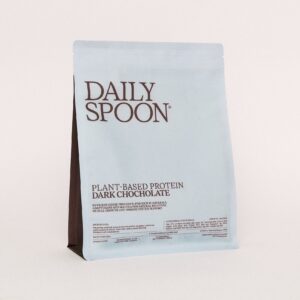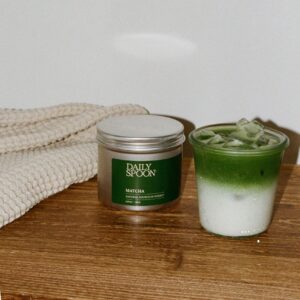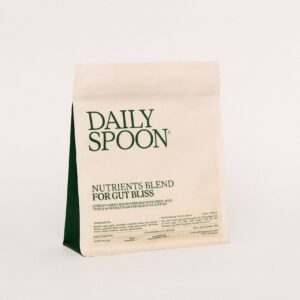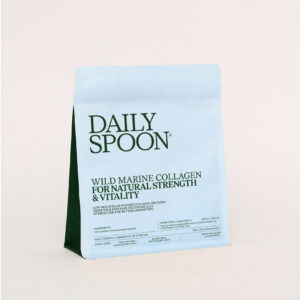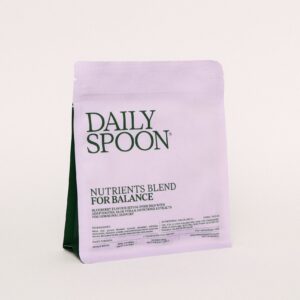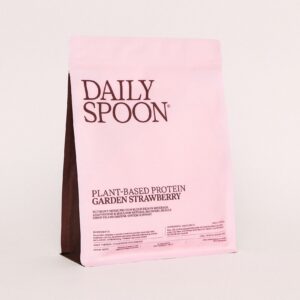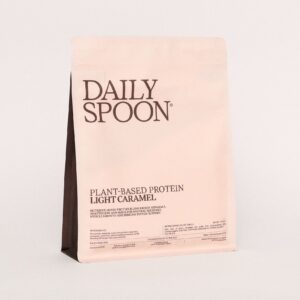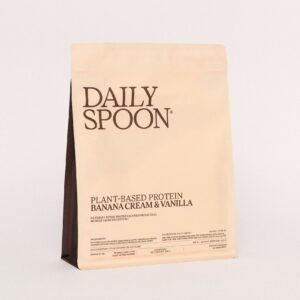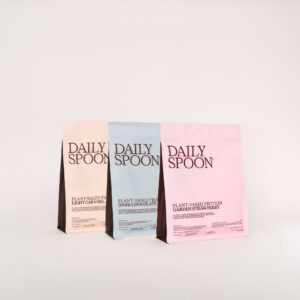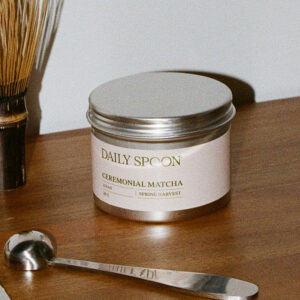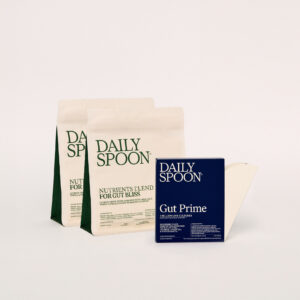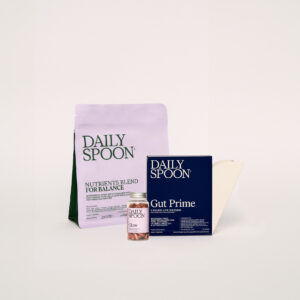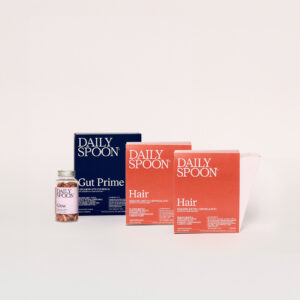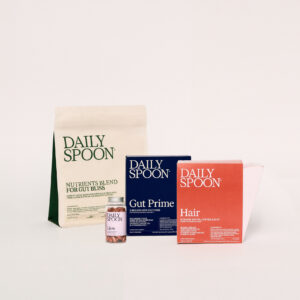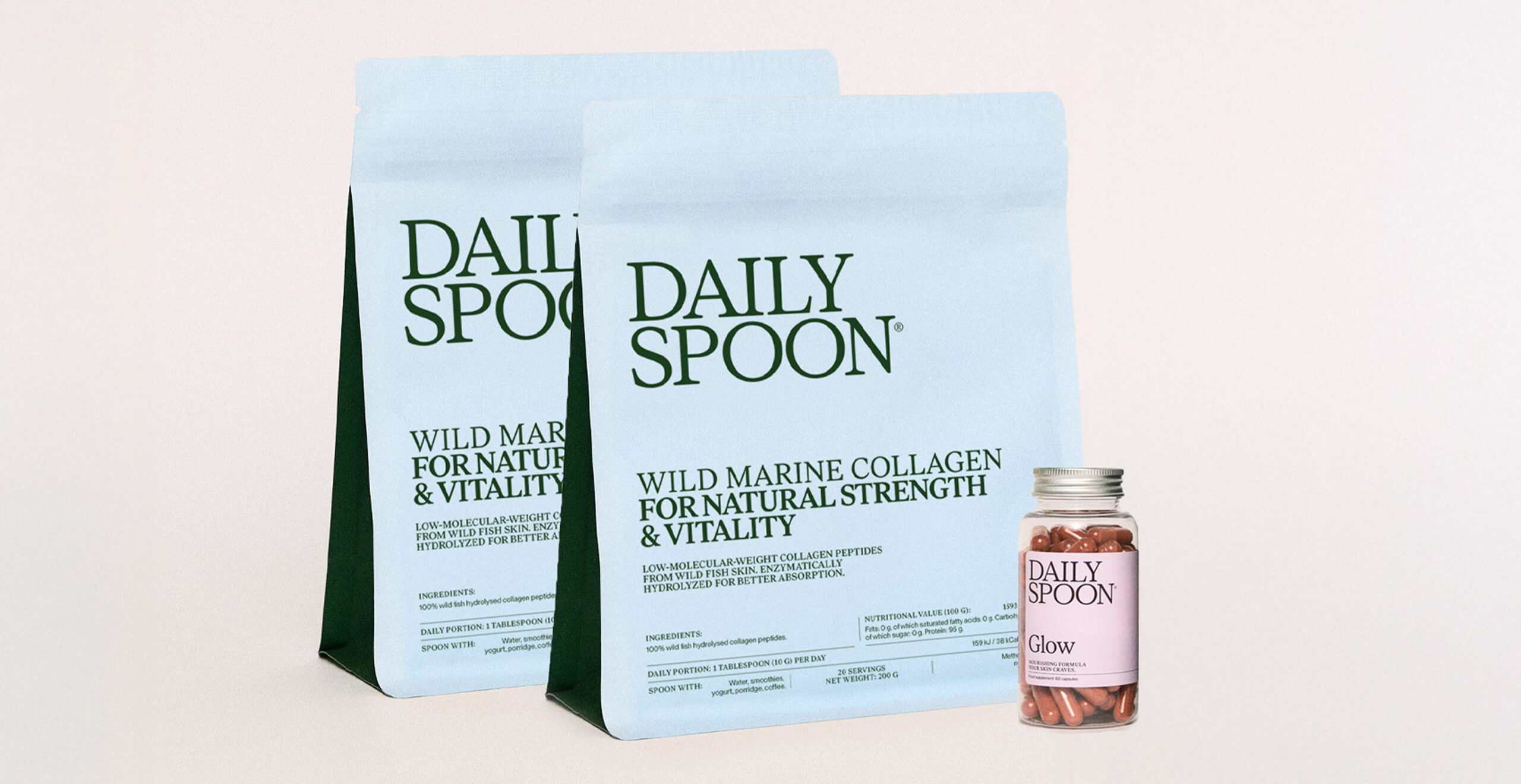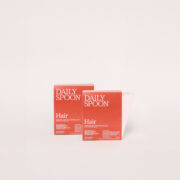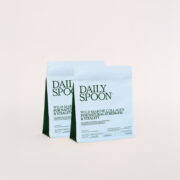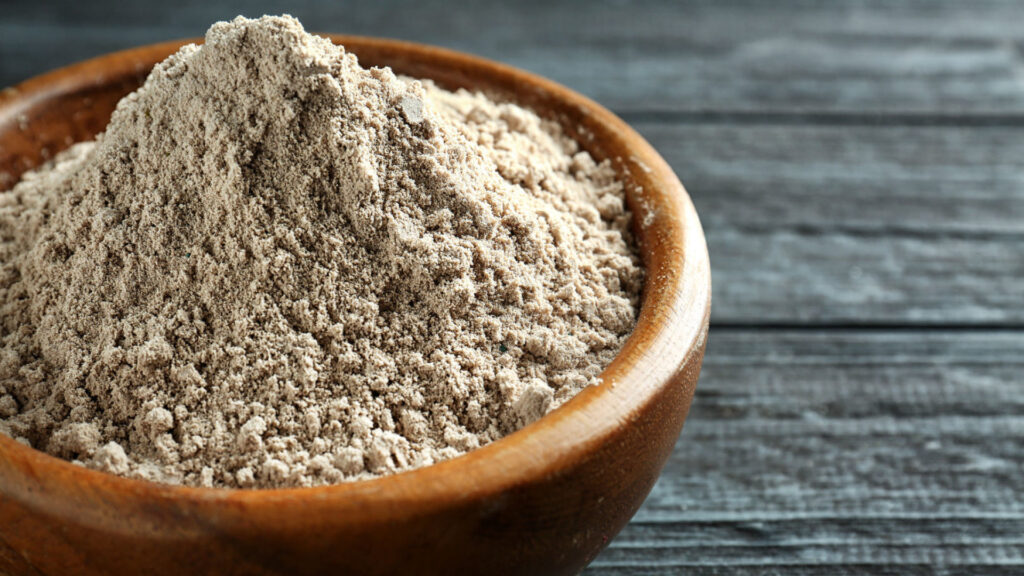Let’s start with the basics: what is collagen, which has gained increasing popularity in the beauty industry in recent years? Collagen is the main protein (comprising about 25% – 35% of all proteins in the body) found in the extracellular matrix and is widespread throughout human connective tissue. In simple terms, connective tissue in humans brings everything together ‘into one mass”,
and the collagen, found in the composition of connective tissue, strengthens it and maintains its shape. Therefore, collagen is an especially important structural component of the skin and joints. Although many types of collagen have been discovered, today we will focus on the main one that interests us—Type I collagen, as it is one of the most important for our skin.
Why is collagen important for the health of our skin?
Collagen makes up to 80% of the total mass of the skin. Over time, collagen decreases in the skin, leading to a loss of elasticity, moisture, and thinning, which results in the formation of wrinkles.
To understand the essence of collagen supplement production, let’s take a look at the structure of collagen itself. The collagen protein is made up of three peptide chains, which are in turn composed of numerous connected amino acids. During the production of supplements, hydrolyzed collagen is usually created (in simple terms, the collagen molecule is chopped up, resulting in shorter peptides/small proteins) – it is this type of collagen that we find in most supplements. Why is collagen chopping necessary? These smaller chopped peptides, found in collagen supplements, are easier for our intestines to absorb and are quite safe. In the skin, these peptides serve as building blocks for collagen production.
What do the studies show?
Although there are still few studies examining the effectiveness of collagen supplements, the research conducted so far has already noted the benefits of such supplements.
In the subjects, the percentage of collagen in the skin increased, resulting in improved skin elasticity, density, increased moisture levels, accelerated skin healing processes, reduced signs of aging, and even observed anti-cellulite effects.
One review study discussed 11 other studies in which randomly selected subjects consumed collagen supplements. In 8 of these studies, hydrolyzed collagen was used, in 2 others, collagen tripeptide, and in others, collagen dipeptide (instead of regular collagen, which has 3 chains, this type of collagen has two). The subjects were compared with a group that took placebo (supplements without any active ingredients). These studies demonstrated both short-term and long-term benefits. The percentage of collagen in the subjects’ skin increased, resulting in improved skin elasticity, density, increased moisture levels, accelerated skin healing processes, reduced signs of aging, and even observed anti-cellulite effects.
Although the effectiveness of collagen supplements is still being studied, current information indicates that collagen supplements can improve skin condition, moisture, and reduce signs of aging, including wrinkles. The good news is that in the studies conducted, collagen supplements did not cause any adverse or unwanted effects in the subjects. However, it is important to choose a high-quality product from a reliable supplier when selecting such supplements.
Which collagen should we choose?
When it comes to the origin of collagen, there are both animal and plant-based sources.
Animal-based collagen supplements are considered the most effective. This type of collagen is derived from pigs, cows, or fish. Although we did not find studies confirming this, in the food industry, cow and fish collagen are regarded as significantly higher quality than pig collagen, so take this into account when choosing supplements.
However, if you are against animal-based collagen, the good news is that several vegan collagen options have emerged. Vegan collagen is derived from genetically modified yeasts and bacteria, but such supplements are still very hard to come by. As a result, you will more often find supplements called ‘collagen boosters’—these supplements contain specific amino acids that help your body produce collagen more actively. Most often, these supplements will contain soy protein.
The author of the article, the creator of “5 Žingsniai“, Agnė
Šaltiniai:
- Biochemistry of collagens, laminins and elastin; Structure, Function and Biomarkers; 2016, pages 1-11.
- Oral Collagen Supplementation : A Systematic Review of Dermatological Applications; Franchesca D. Choi, Calvin T. Sung, Margit L.W. Juhasz, Natasha Atanaskova Mesinkovsk
- Oral Supplementation of Specific Collagen Peptides Has Beneficial Effects on Human Skin Physiology: A Double-Blind, Placebo-Controlled Study

